Małgorzata Tomczak
Poland issued over five times more work permits to Latin Americans in 2024 than two years earlier.
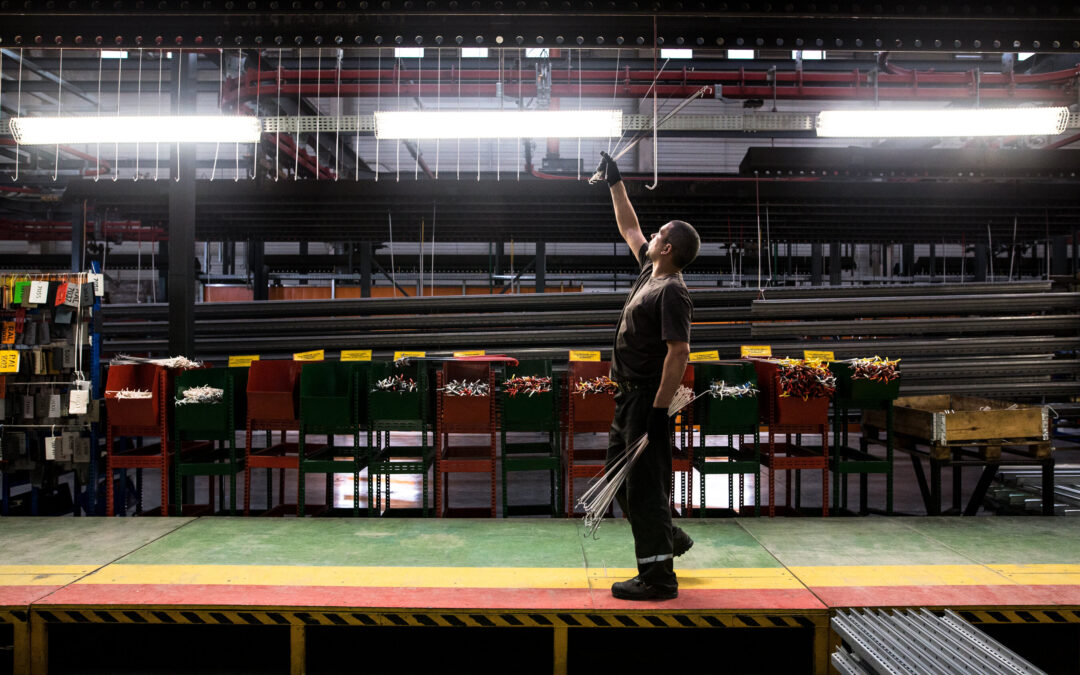

Małgorzata Tomczak
Poland issued over five times more work permits to Latin Americans in 2024 than two years earlier.

Those employed in Poland work on average the third-longest hours in the European Union.
We are an independent, nonprofit media outlet, funded through the support of our readers.
If you appreciate the work we do, please consider helping us to continue and expand it.

Poland’s demographic situation means “there will be too few of us” to supply the labour market, say the business groups.

In 2022, Poles worked 40.4 hours a week on average, compared to 37.5 hours a week across the EU as a whole.
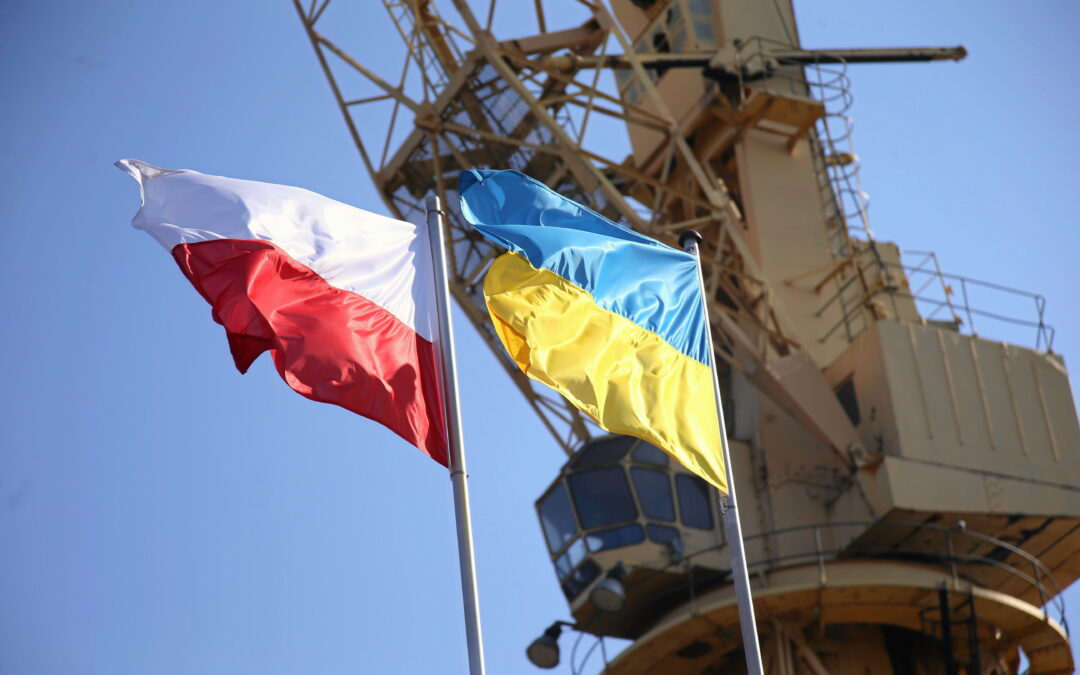
The study also found that Ukrainians are increasingly occupying higher-level positions in the Polish labour market.

A minister welcomed the growing Ukrainian workforce, which “complements our labour market” and “pays taxes here in Poland”.

The firm, owned by Portuguese conglomerate Jeronimo Martins, has overtaken longstanding leader Poczta Polska, the state post office.
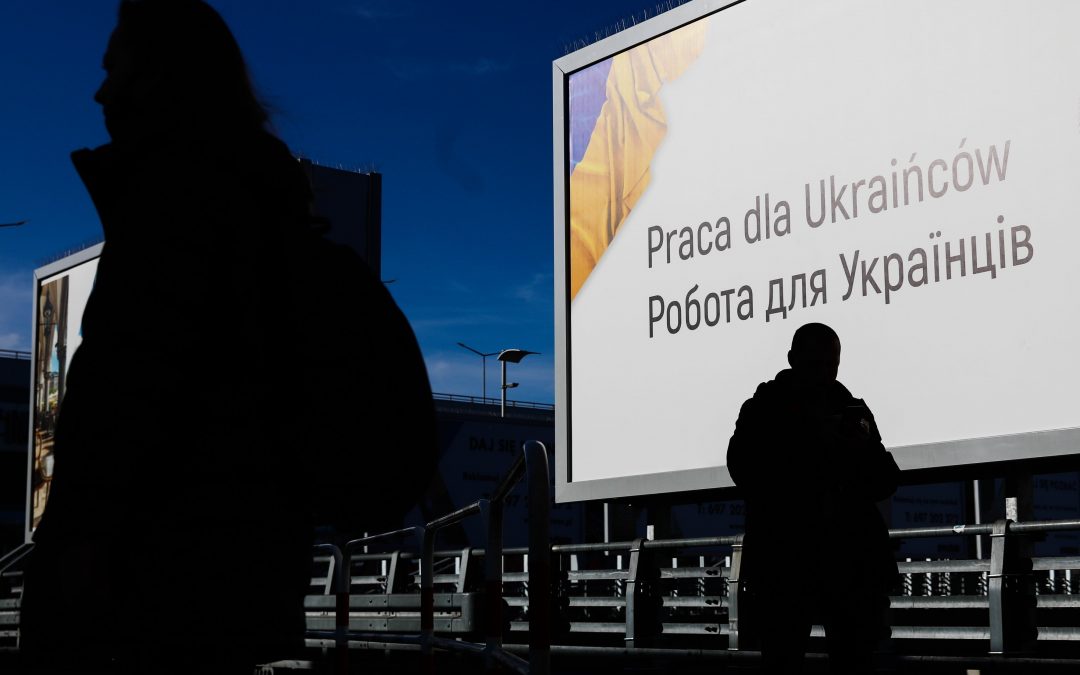
Anna Rzhevkina
The new arrivals could provide an economic boost, but their talents should not be wasted.

Around 75% are women and half are employed in unskilled labour.
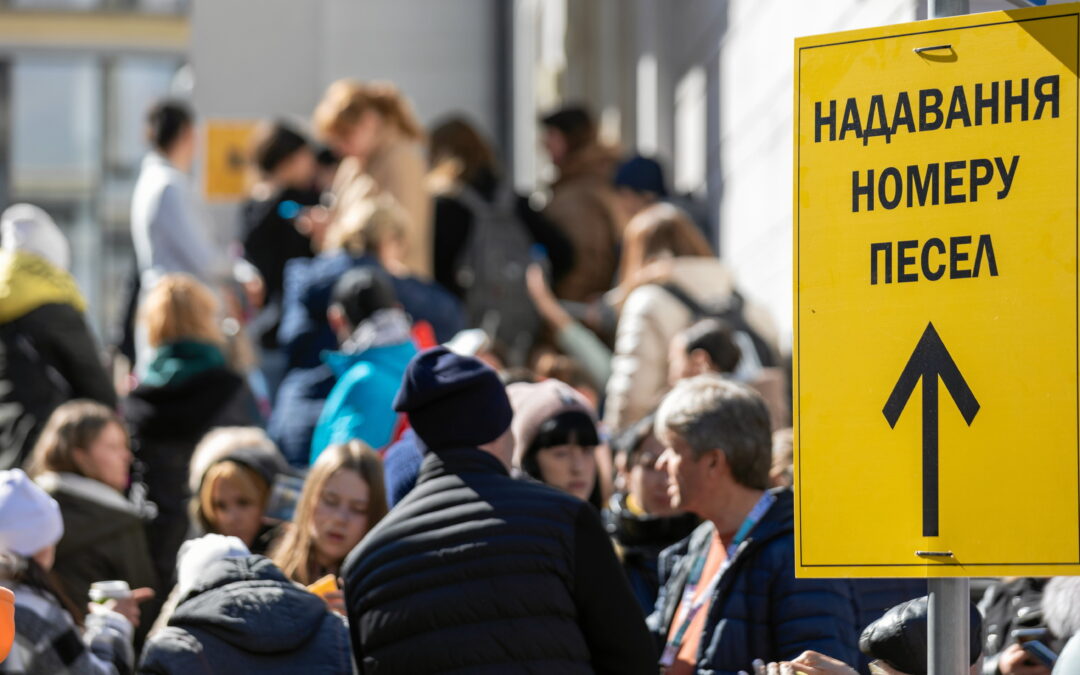
“We want Ukrainians to be able to stand on their own two feet here in Poland,” says a minister.

While the workforce has shrunk in most member states, Poland’s has expanded by 150,000 people.

Poland has sought to position itself as a regional technology hub.

The share of non-EU citizens in employment in Poland last year was 78%, behind only the Czech Republic and Lithuania.
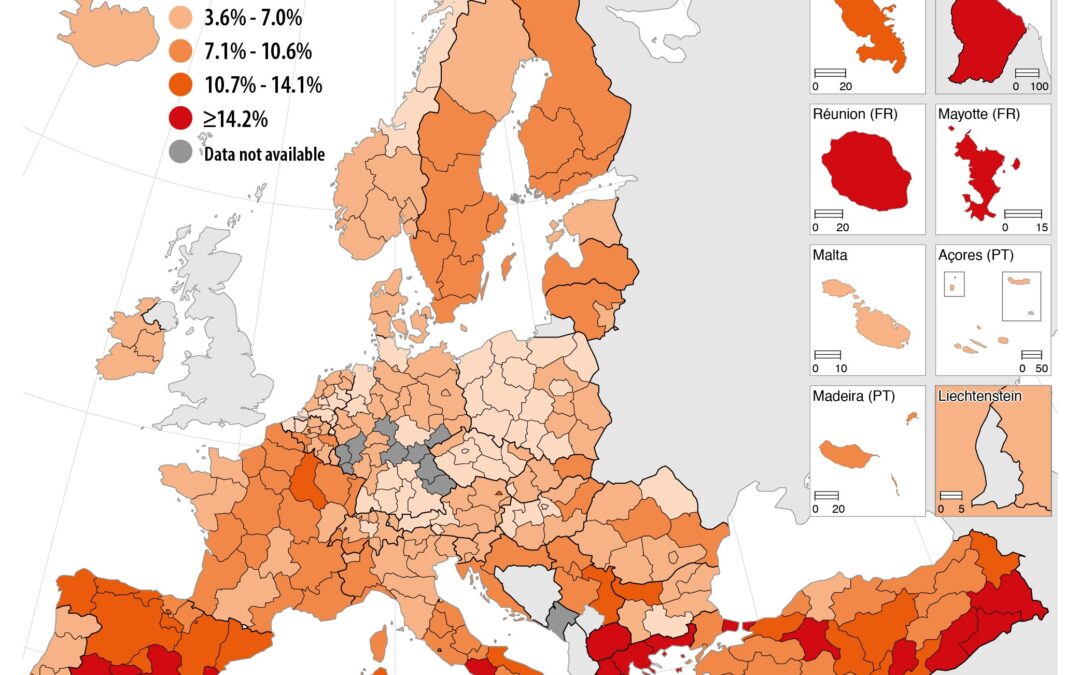
But Poland’s figures may conceal growing “hidden unemployment”, say experts.